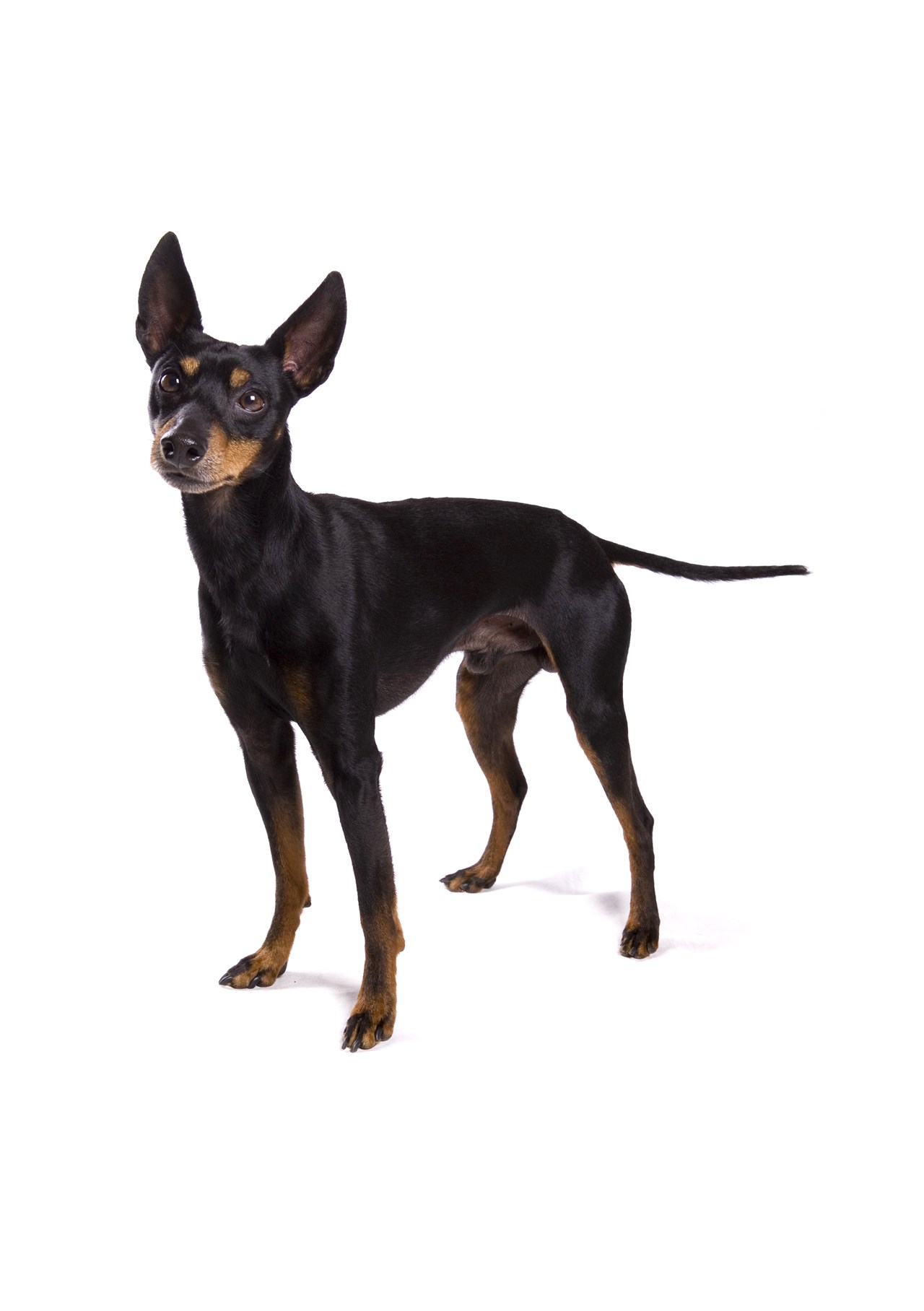Feeding Habits and Food Requirements of the English Toy Terrier

Proper nutrition is essential for the health and well-being of your English Toy Terrier. These small dogs have unique dietary needs and feeding habits that should be carefully considered to ensure they receive the nutrients they require.
Feeding Habits
- Small Portions: Due to their tiny size, English Toy Terriers have small stomachs and may not be able to consume large meals at once. It's common for owners to divide their daily food allowance into multiple small meals throughout the day, usually 2 to 4 feedings.
- Slow Eating: These dogs may be prone to eating too quickly, which can lead to digestive issues. To prevent this, consider using slow-feed bowls or interactive feeding toys that encourage them to eat more slowly.
- Water Intake: Ensure your English Toy Terrier has access to clean and fresh water at all times, especially since they may have a higher metabolism and can become dehydrated more quickly.
- Food Sensitivities: Some English Toy Terriers may have food sensitivities or allergies, so it's important to monitor their reactions to different foods and consult with your veterinarian if you suspect any issues.
- Food Requirements
- High-Quality Dog Food: Choose a high-quality commercial dog food that is appropriate for small breeds. Look for options formulated to meet the specific needs of small dogs, which may include smaller kibble sizes.
- Protein: English Toy Terriers require a balanced diet with a moderate to high protein content. Protein supports muscle maintenance and overall health. Animal-based proteins such as chicken, beef, or fish are excellent choices.
- Fat: Adequate fat levels are necessary to provide energy for their active lifestyle. Look for foods with healthy fats like those from chicken or fish oil.
- Carbohydrates: While dogs don't require as many carbohydrates as humans, they can benefit from some complex carbohydrates like those found in brown rice or sweet potatoes.
- Fiber: Fiber aids in digestion and may help prevent digestive issues. Look for foods with a moderate fiber content, often provided by ingredients like vegetables and grains.
- Vitamins and Minerals: Ensure that the dog food you choose is fortified with essential vitamins and minerals to meet your English Toy Terrier's nutritional needs.
Special Considerations
- Age: Puppies, adult dogs, and seniors have different nutritional requirements. Choose food appropriate for your dog's life stage.
- Weight Management: English Toy Terriers can be prone to weight gain due to their small size. Monitor their weight and adjust their food intake accordingly to maintain a healthy weight.
- Allergies and Sensitivities: If your dog shows signs of allergies or sensitivities, work with your veterinarian to identify and eliminate problematic ingredients from their diet.
- Consult Your Veterinarian: Always consult with your veterinarian to determine the specific dietary needs of your English Toy Terrier, especially if you have concerns about their health or nutrition.
Conclusion
Proper feeding habits and providing the right food are essential aspects of caring for your English Toy Terrier. By selecting high-quality, appropriately sized dog food and paying attention to their individual needs, you can help ensure that your furry companion enjoys a healthy and happy life. Regular veterinary check-ups can also help you make informed decisions about their diet and overall well-being.
English Toy Terrier puppies for sale
- Find English Toy Terrier puppies for sale in ACT
- Find English Toy Terrier puppies for sale in NSW
- Find English Toy Terrier puppies for sale in NT
- Find English Toy Terrier puppies for sale in QLD
- Find English Toy Terrier puppies for sale in SA
- Find English Toy Terrier puppies for sale in TAS
- Find English Toy Terrier puppies for sale in VIC
- Find English Toy Terrier puppies for sale in WA